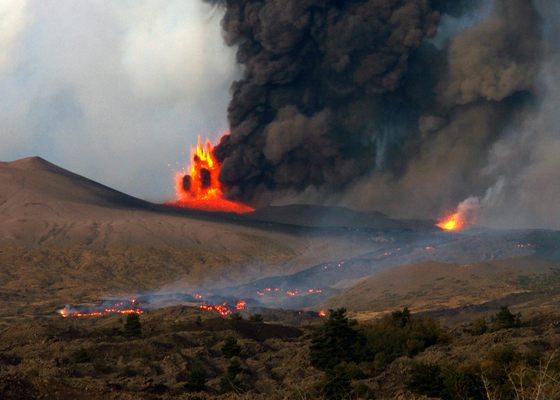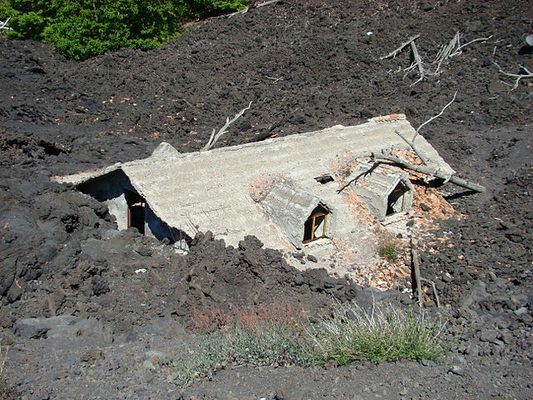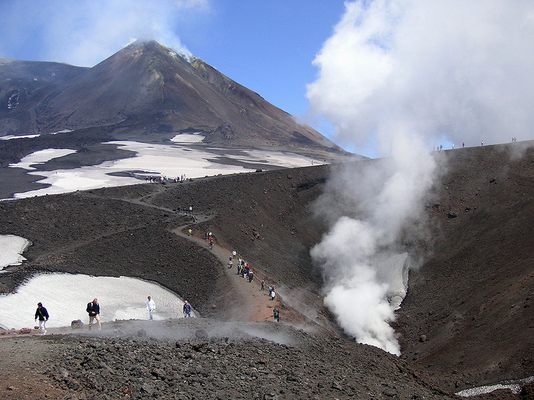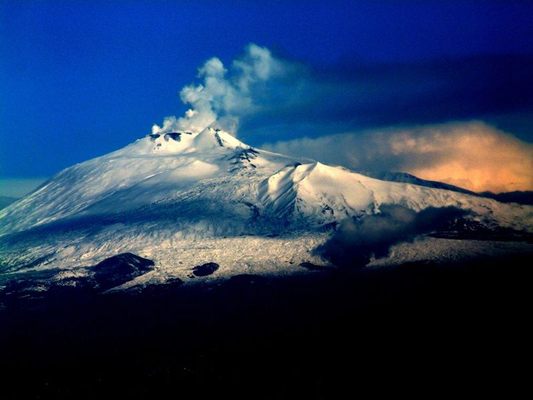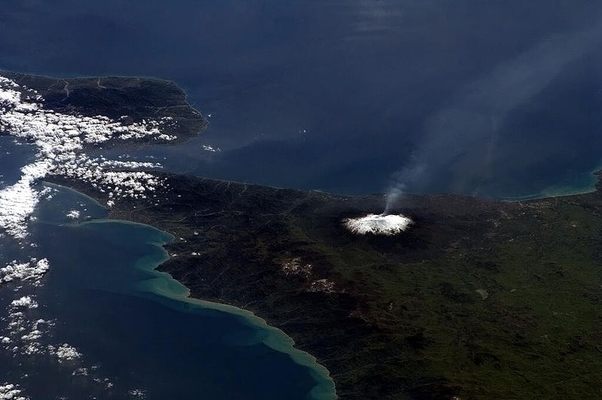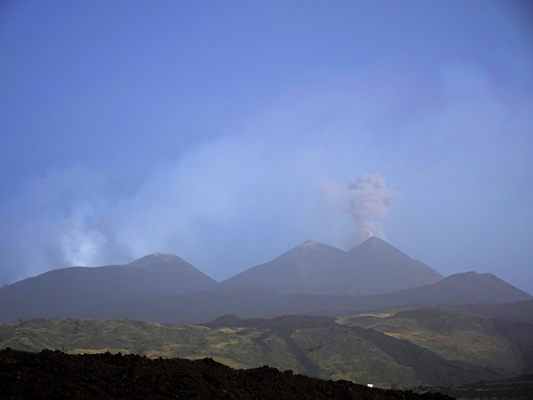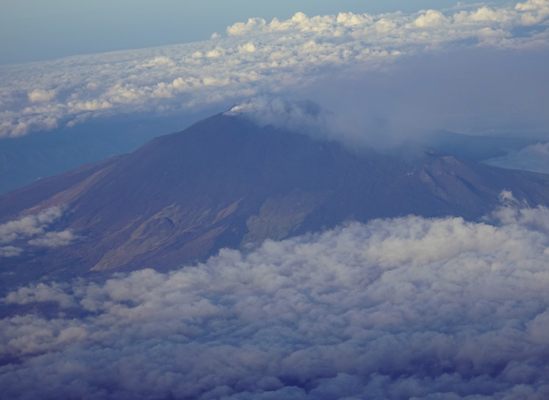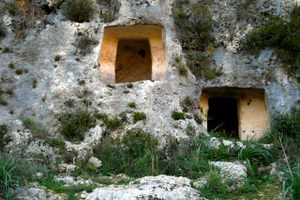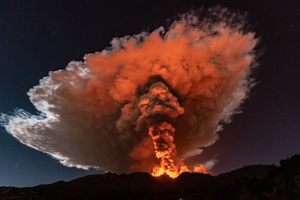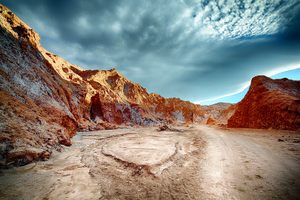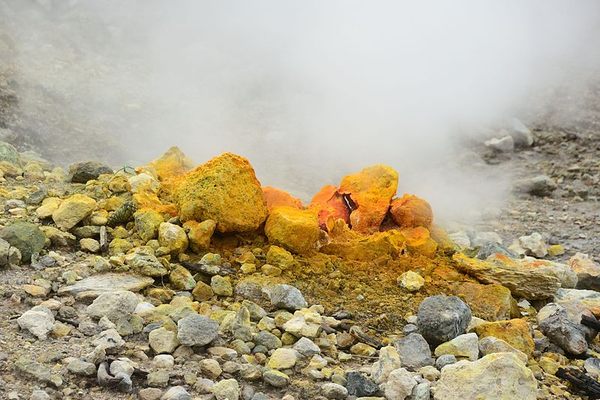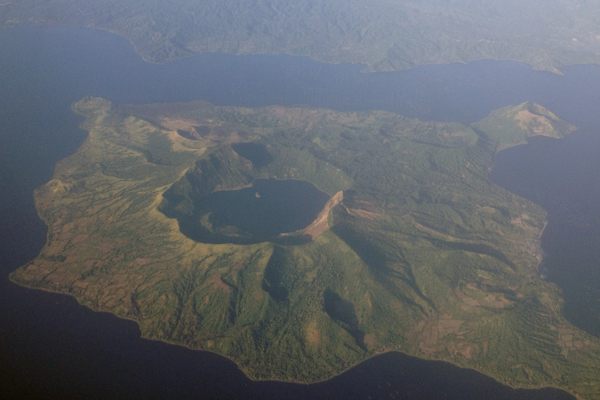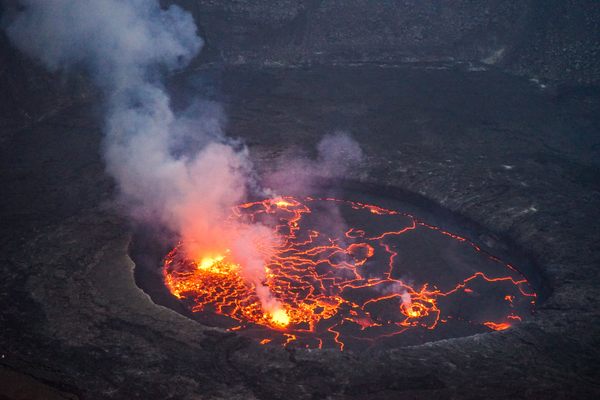About
Smoke almost constantly rises from this stratovolcano on the east coast of Sicily near Messina and Catania. The ancient Greeks saw this mountain as the forges of the god Hephaestus, where Zeus's famous thunderbolts were forged. This is Mount Etna.
Volcanic activity has been happening at Mount Etna for some 500,000 years, and its area covers about 450 square miles. It's the tallest mountain in Italy below the Alps, and the largest active volcano in Europe. Visitors can see its pocked summit craters, flows of lava that have sometimes consumed houses, and towering cinder cones.
It's an unusual volcano, one that's capable of producing explosive eruptions and ones that ooze lava, sometimes at the same time. Volcanologists have been studying Etna's unique construction for many years.
However, it's not all desolation, as plants and animals live beneath the constantly-simmering—and sometimes raging—volcano. Lava deposits in the soil are the source of many nutrients that support everything from lemon and olive trees to beech and birch and low-growing violets.
The volcano also provided some of the footage of lava flows for Star Wars Episode III: Revenge of the Sith. In the movie, Obi-Wan Kenobi and Anakin Skywalker's legendary lightsaber battle takes place on the fiery volcanic planet of Mustafar. Star Wars was filming in Italy when Mount Etna began erupting in 2002, so they sent film crews to capture footage of the lava flows, which were incorporated into the background of the lightsaber duel.
Related Tags
Flavors of Italy: Roman Carbonara, Florentine Steak & Venetian Cocktails
Savor local cuisine across Rome, Florence & Venice.
Book NowCommunity Contributors
Added By
Published
July 9, 2013
